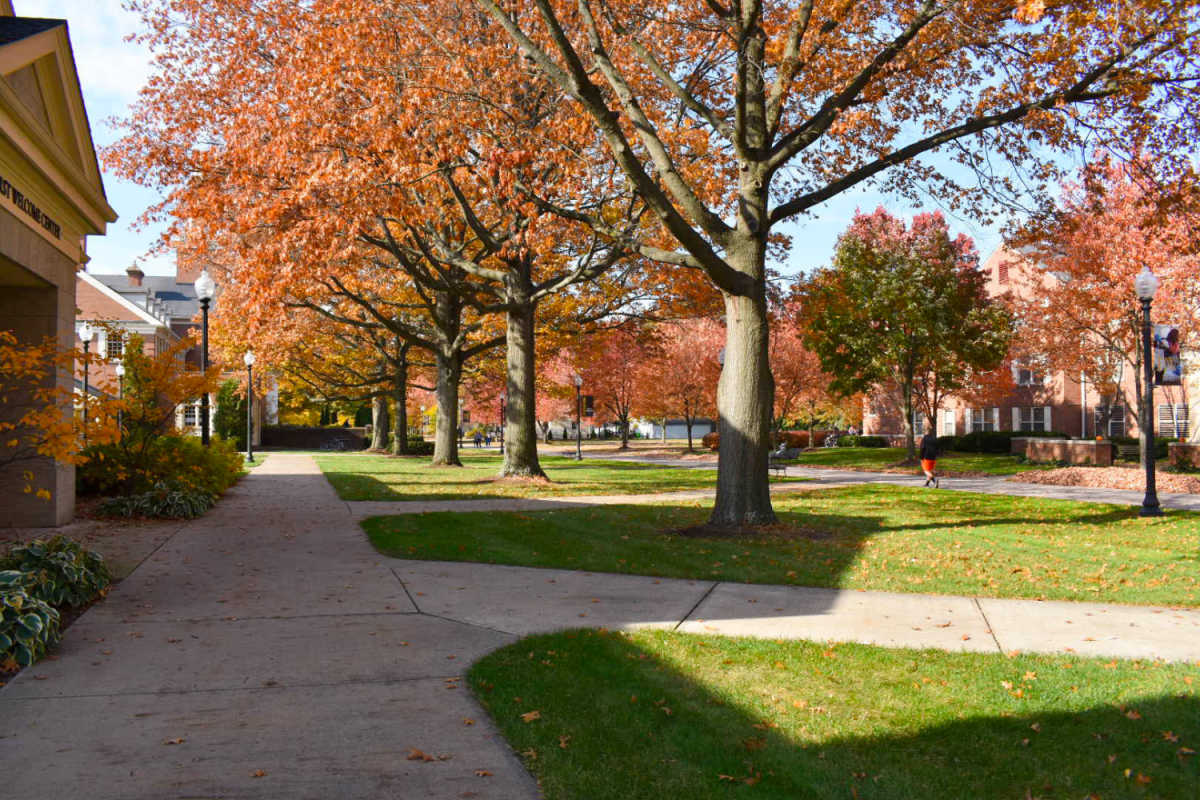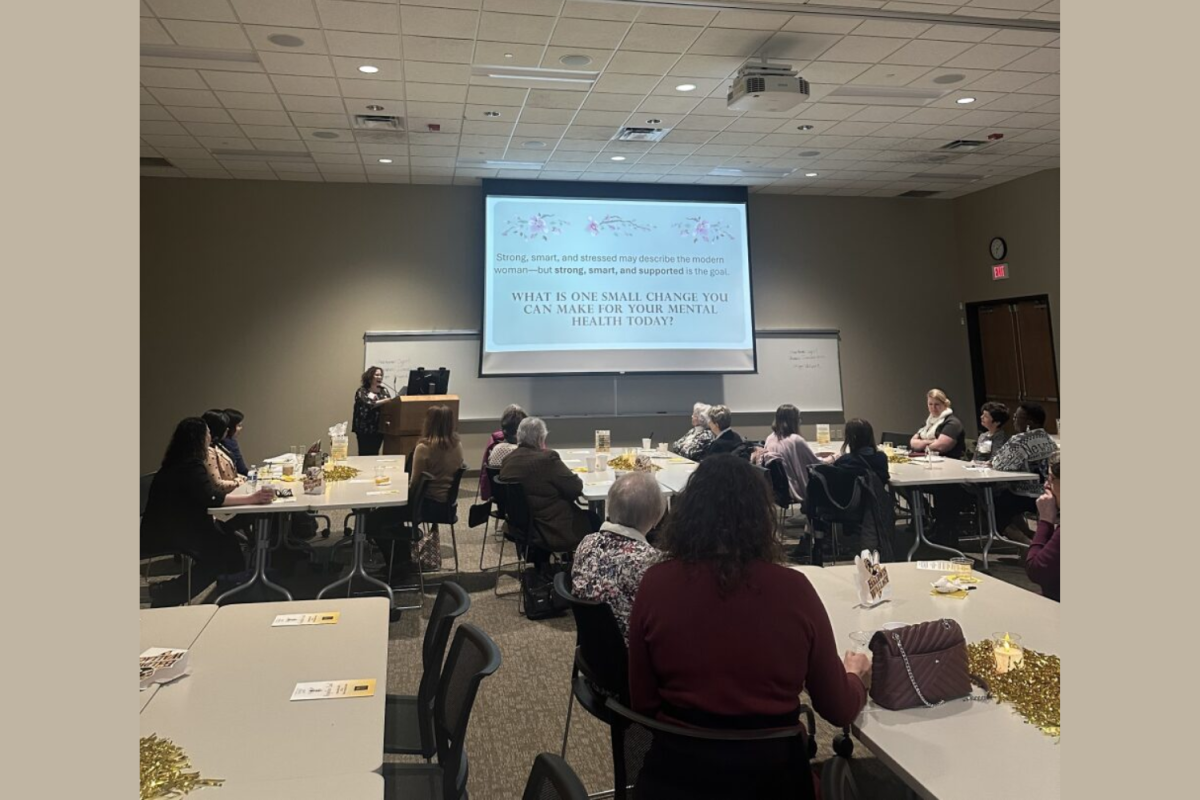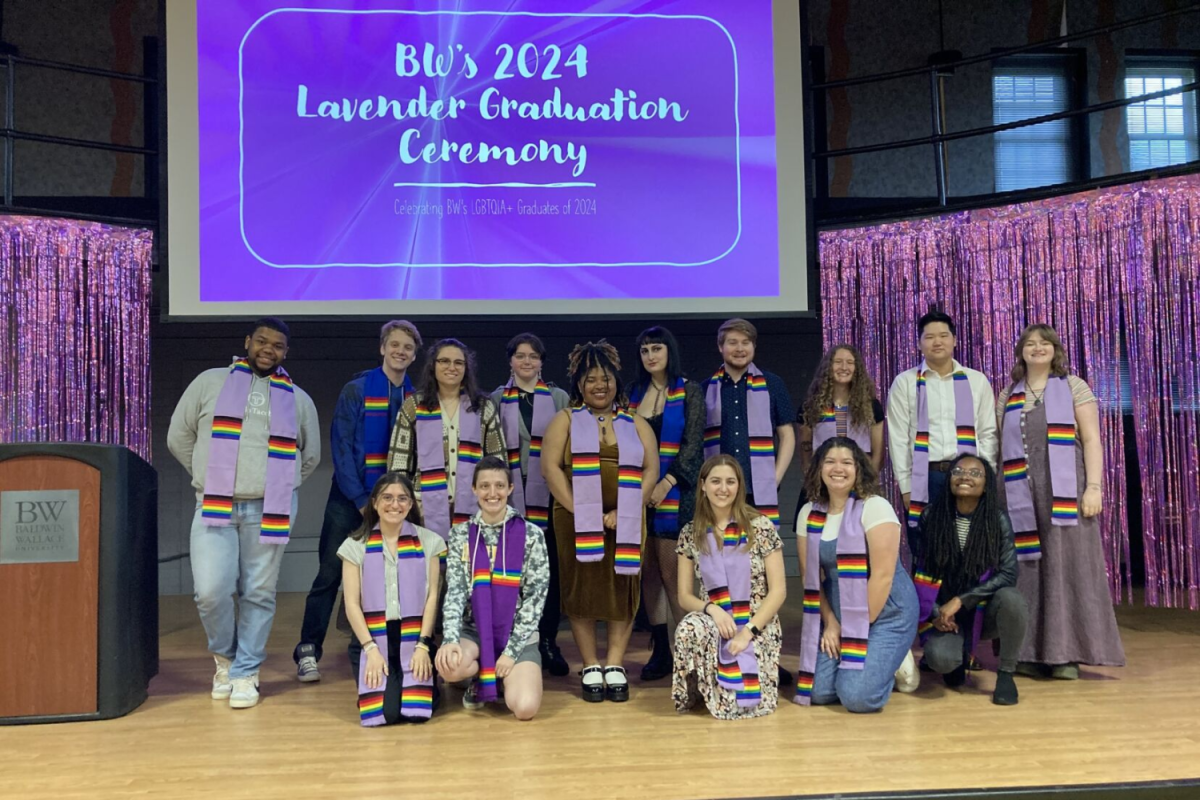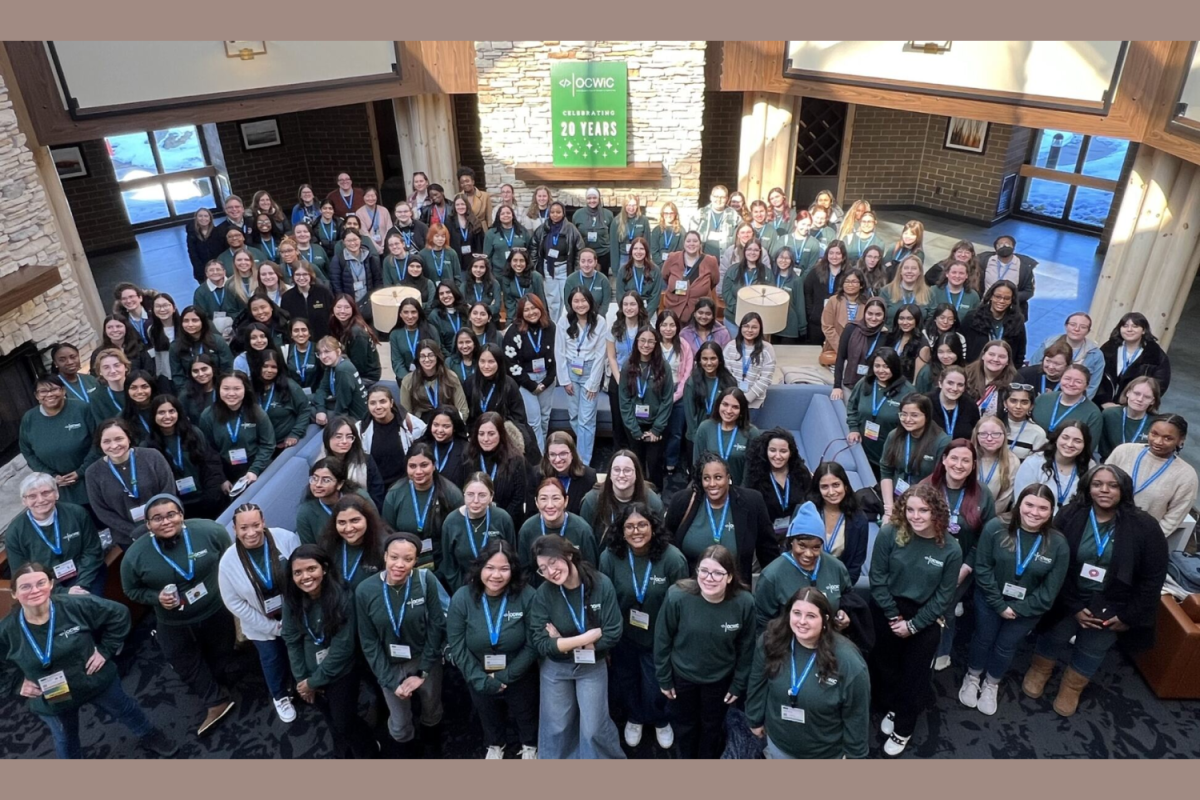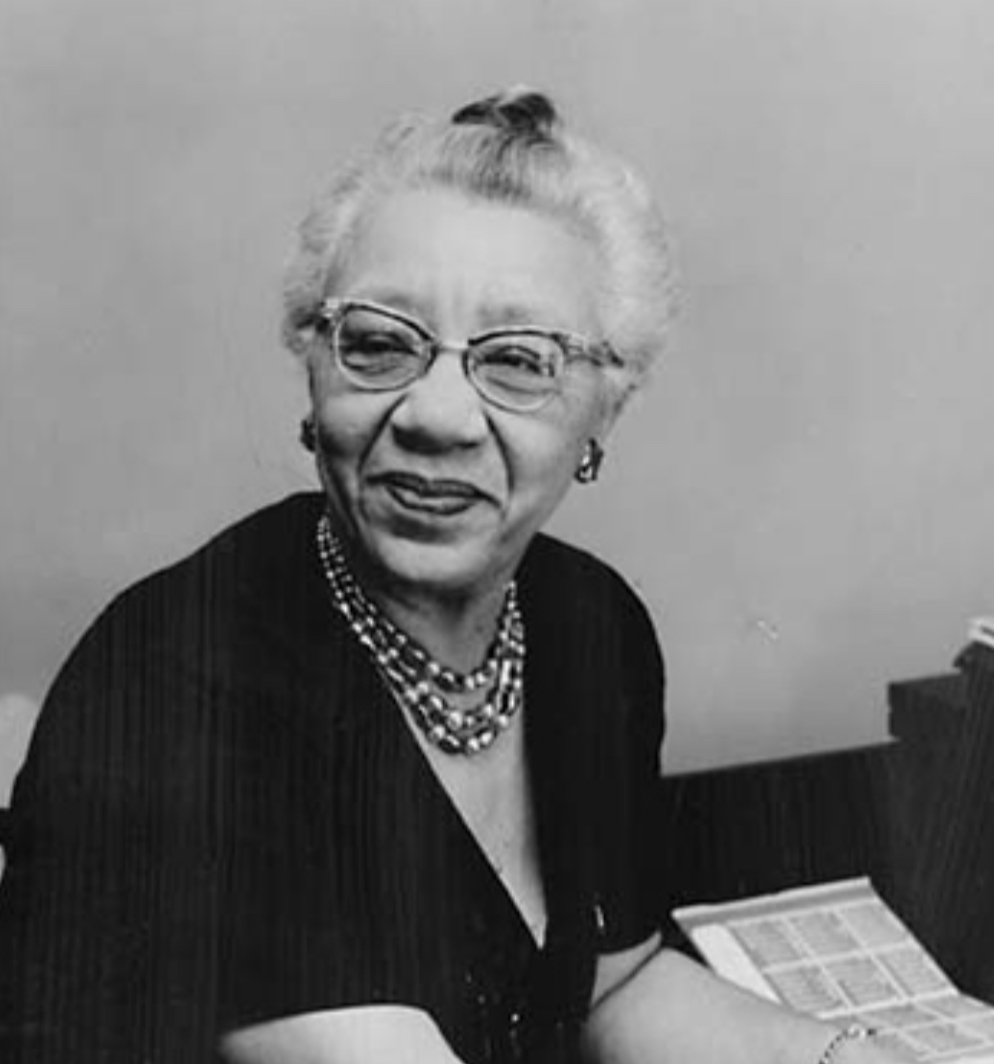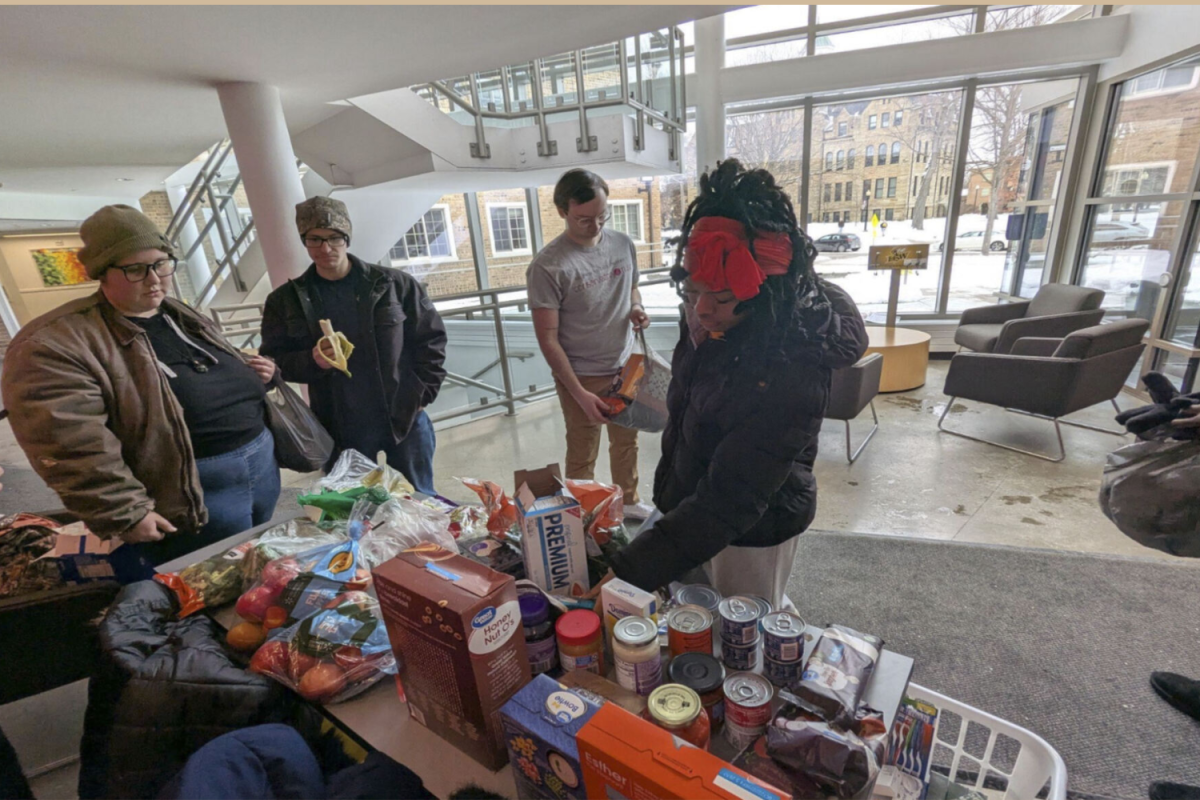On-campus living has become a key component in the college experience. While many students stay in the dorms, allowing them to make easier connections with people with other students, some choose to commute. For those that do commute, they miss a key component of the college experience.
One such student was Christian Pederson, a 2023 graduate of the software engineering major. When asked if he thought his experience at BW could have been different, Pederson said: “Living here and eating and sleeping in the same building as other college students is obviously a much different experience than being at home.”
Pederson was the first person in his family to obtain a bachelor’s degree. His experience with college, while new to his family, was also a unique experience for him. Unlike with living on campus, commuting felt like “you’re just popping in and out,” Pederson said.
Outside of academics, Pederson said he found it difficult to find places to socialize with his fellow students, and wanted “more casual common meeting places where you could sit around and talk to other people.”
While there are disadvantages, there are also advantages to being a commuter. One such, as Pederson said, was being able to have a true disconnect between school and home. He was able to keep his homelife and schoolwork separate and not feel overwhelmed by the connection to his school life at home.
His first-generation status has also been a major working point for his career. Alongside him, other first-generation students have found success both living on- and off-campus.
One such on-campus student is Kyla Koos, a third-year physics and mathematics double major, who has found a lot of success in her time at BW. Not only has she done internships with Cleveland Clinic and the College of Wooster, but she is also slated to work with NASA in an upcoming internship.
One advantage Koos has experienced is that living on campus gets her a lot more involved. She found it easier to get involved with clubs and activities because “[I’m] here all the time.” Furthermore, her experience with meeting people is a bit easier, since she is “always around other students,” Koos said.
One of the other benefits to living on campus is that it can serve as a transition period for students entering adulthood.
“Living on campus is good for transitioning into independent living too,” Koos said. “Sometimes it can be harder to transition from living with parents to having your own house or apartment.”
Koos also said that even with the lack of a strong disconnect between school and dorm, she was able to turn it into a source of motivation.
While the first-generation students have exhibited a lot of diversity with commuting and living on campus, other students have shared experiences with the commuting process.
Elizabeth Ross, a CASA academic coach and assistant professor, was a commuter throughout her college career, which gave her a lot of insight into the commuting process.
One of the benefits Ross laid out was the dining experience. As she put it, “you don’t have to worry about food.” Everything is available for students, and they don’t have to really worry about grocery shopping or storing food. In the eyes of a commuter, that’s a luxury.
Another thing is sleep and convenience. “There’s nobody to wake you up but you,” Ross said. “It’s so much easier to go to a six or seven o’clock meeting, versus if you’re a commuter and you work at night.”
Commuting to class builds a skill of time management and looking ahead, something that will prove very useful post-grad.
The biggest downside to residence life has been the long stay away from home.
“There’s a lot of people on campus that really struggle with homesickness,” Ross said.
Some residents come from all over the state, country, and even world, so for them, they don’t have the luxury of going home every night and seeing their families.
Whether students choose to commute or live in the residence halls, many pros and cons should be considered. Both paths have their benefits and drawbacks that will make college a unique experience for each student.





























